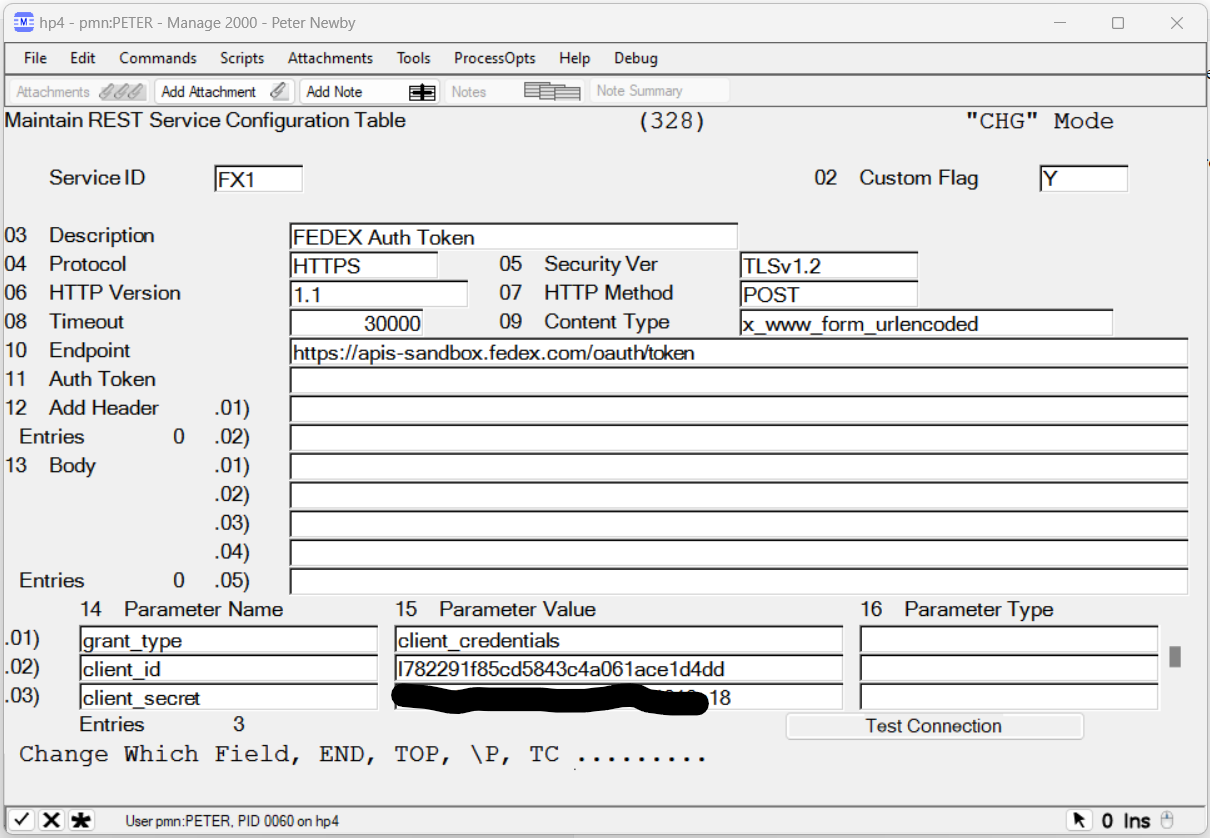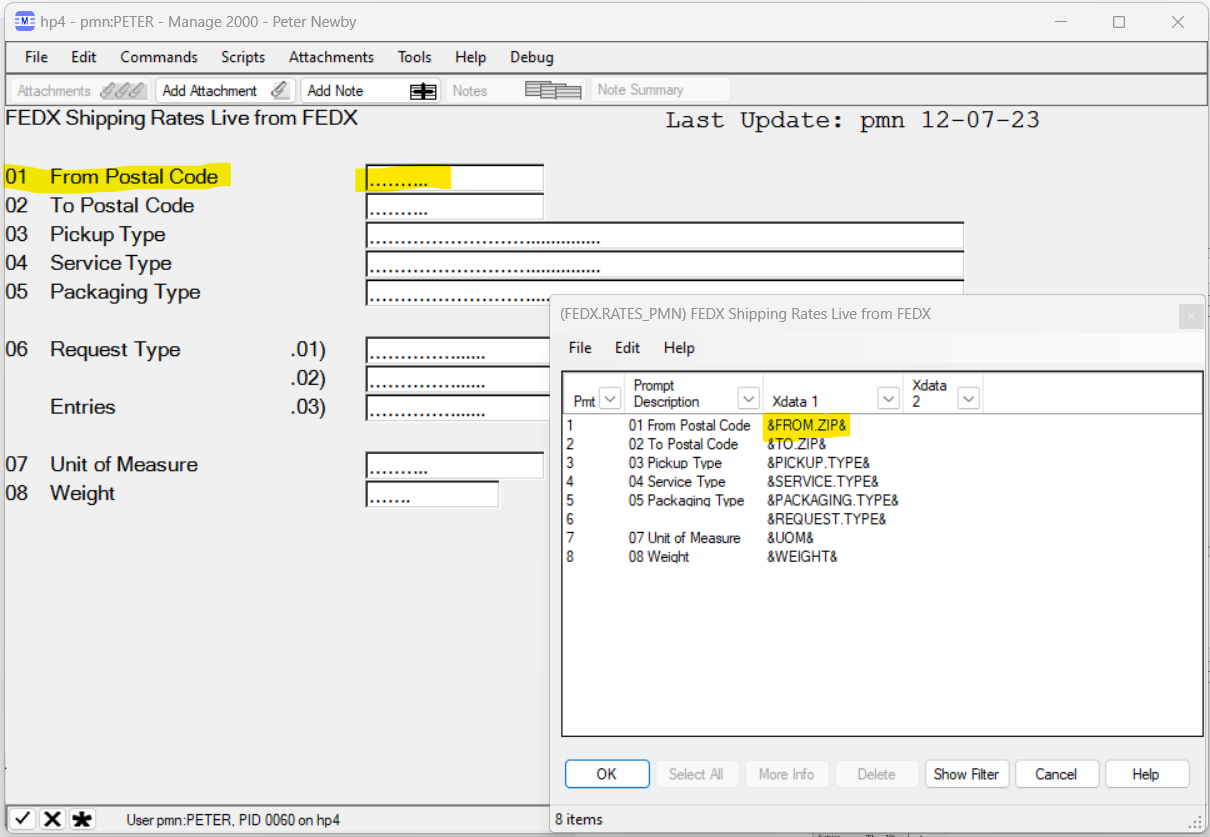Manage 2000 NEWS.ARTICLES provide a wrapper for ERP generated news content, publishing ERP news on an RSS feed making it accessible from any RSS enabled client. This might be the Manage 2000 web function NewsReader, or a web browser RSS plug-in, or some other client newsreader software outside of Manage 2000.
Many news content providers already exist within Manage 2000. MSO is one out of 8 news source types available in NEWS.ARTICLES. The MSO new source type publishes the results of Manage 2000 Software Objects. There are about 1000 standard MSOs, about 1/2 of which are suitable for publishing as news articles (not dependent on PWS). And if you don't see what you are looking for, creating specific new tailored MSOs can be quickly accomplished using MSO.BUILD.
News About a Customer:
There are lots of standard MSOs creating content about customers and sales. You can easily configure a newsfeed focused on what has just happened in a customer's account and another feed focused on what is expected to happen shortly. You can copy any of these standard MSOs to a tailored version to adjust date ranges, time spans, and other options.
Try creating a Customer Recent Events newsfeed with news articles based on some of these MSOs: 508S, 509S, 512S, 513S, 514S. And a Customer Forecast News with news articles based on some of these MSOs: 510S, 515S, 1272S, 1278S.
In NEWS.ARTICLES select MSO as the Source and enter the MSO Id and then accept all the defaults.
Add your articles to a newsfeed and then inspect in the NewsReader.
When you have something you like then use the previous post 'Virtual NUGM 2023 Tailoring Manage 2000 Web Portals' to guide you through adding your displays to LOOK.AR.
News About Today's Business Activity:
If SOP.CONSTANTS Sales Data Monitoring and AR.CONSTANTS AR Data Monitoring are enabled then MCD_DATA is updated with monitoring information about Sales Orders and Shipments and Invoicing and Cash Receipts as these transactions are entered into Manage 2000.
MCD_DATA can be used as a News Source in NEWS.ARTICLES to present live information about SOP/AR activity. You can present bottom line totals or Top Ten lists of customers or parts or sales reps, which continuously update as transactions are entered into the ERP system.
News From The Shipping/Receiving Docks:
Create an E type MSO which lists the RCVNG.RPTS for today in reverse chronological order sampling the last hour or so. Then wrap your tailored MSO in a NEWS.ARTICLE.
News From The Production Floor :
If you track live activity on your production floor using an MES system then check to see if it is capable of publishing REST services providing detailed status of work in progress. If so you can configure a REST.SERVICE in Manage 2000 to consume the MES REST service. And yes, there is a REST news source type allowing you to publish the MES information inside of Manage 2000, say, on the Work Order Status portal.
News About System Administration Tasks:
Another of the 8 news source types is MONITOR. You can publish MONITOR.OPTIONS of ADI, BATCH.MASTER, CASE, ECA Agents, MASTER.AGENT processes and more. The original MONITOR.INTERFACE was PWS based, consuming a PWS user license while providing a user display. NEWS.ARICLES publishing MONITOR.OPTIONS are displayed in a web browser drastically lowering the license cost of using MONITOR.OPTIONS and making them available on a variety of devices.
News From Power BI:
If your company uses Power BI to build Visualizations you can publish these as news articles making them available to Manage 2000 users within the ERP system.
In Summary:
Manage 2000 RSS News is a low cost way of sharing ERP news events in real time. You can leave newsfeeds for private consumption by users in NewsReader, or make the newsfeed appear on portal pages, or hang a smart TV in a public area and set its URL to a specific NewsFeedId to create an Airport style monitor of shared information keeping everybody on the same page.





